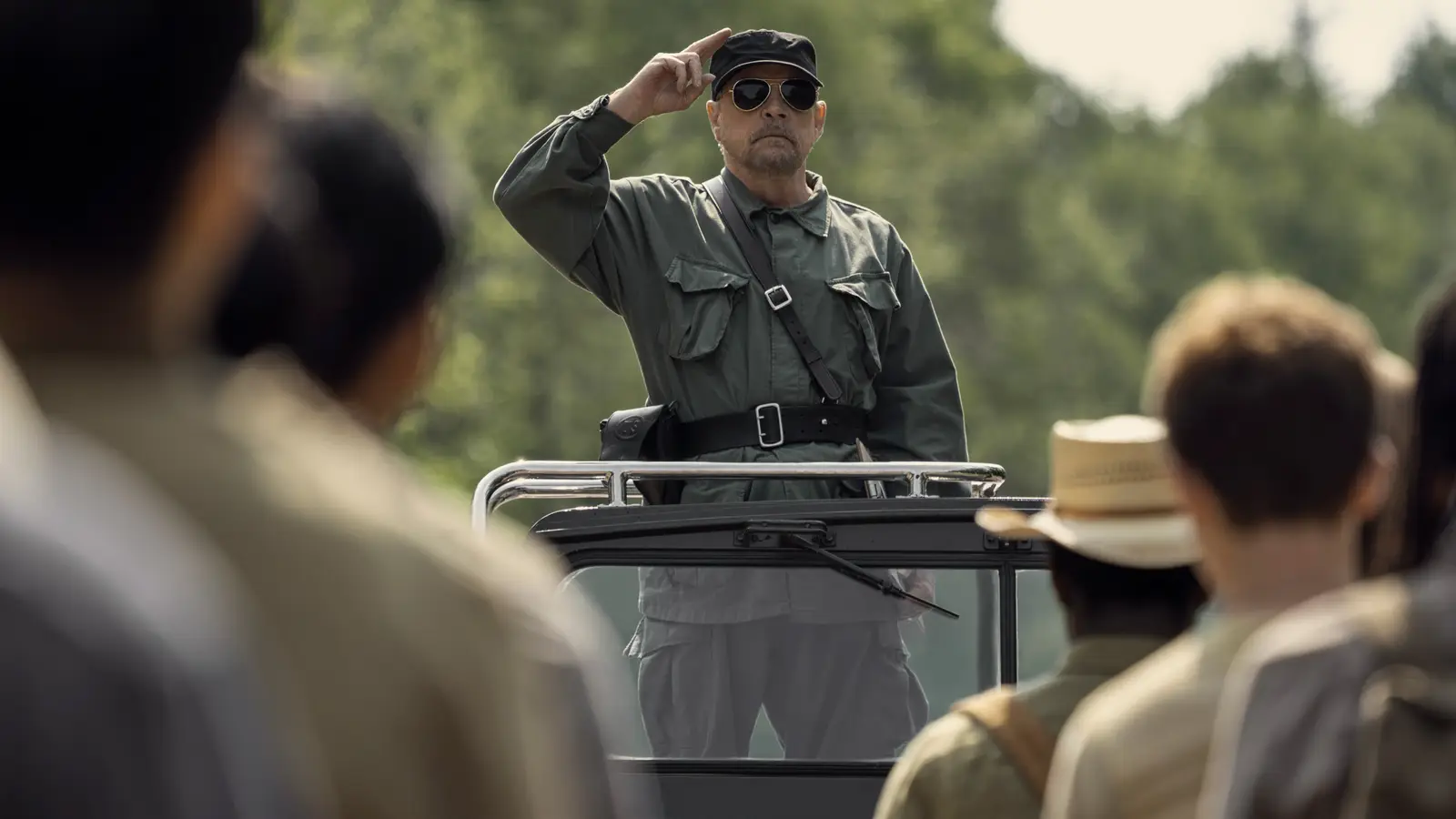Copyright Screen Rant

Dystopian fiction makes for fantastic sci-fi cinema, but it comes with a major challenge of balancing darkness with meaning. Many bad sci-fi movies waste good concepts because they have inconclusive climaxes that don't satisfactorily address the social topic that the premise is meant to represent, either literally or metaphorically. Dystopian fiction is especially guilty of not knowing how to end. Book-to-movie adaptations often fail to live up to the hype because dystopian literature frequently relies on atmospheric worldbuilding, rather than providing enough tangible details to fullyflesh out an entire world. The medium of literature allows writers the freedom to indulge in the conceptual development of their worlds and their dystopian elements without always bothering with the aesthetics of the concerned world. The greatest dystopian thrillers of all time are compelling because they balance worldbuilding with character development. Indulging too much in either aspect or in the consequences of the darkness of such a dystopian world detracts from the emotional impact of dystopian storytelling. That's why good dystopian cinema is so spaced out, but the latest Stephen King adaptation provides a blueprint. The Long Walk Doesn't Give Much Backstory On Its Dystopian World What do we know about the world of The Long Walk? America, in this version of the future, is in the midst of an economic depression after the aftermath of a war has turned the country into a totalitarian military regime. Chosen participants of the annual event, the titular long walk, must walk at a minimum pace or be killed. The final surviving competitor receives a major financial reward and has any one wish fulfilled. With this exposition, we set out with the characters as this horrifying game is set afoot by the menacing Major (Mark Hamill). The film doesn't explain how exactly the new economy functions, or what led to this situation, but simply asks that we believe it. The Long Walk thus doesn't overwhelm viewers with details, and instead focuses on the characters from the get-go. Even the exposition occurs through conversations between them, but the film feels natural because the ebb and flow of the conversation involves them speaking about themselves while dropping hints about how the game works and the condition of this dystopian United States. This is how the film draws in its viewers. They're compelled by the camaraderie between the characters, and they become emotionally invested in their success after hearing them talk about their personal motivations. Such a level of emotional investment is difficult to achieve through a long-winded exposition that covers every base on a narratively unnecessary tour through a fictitious history. The Long Walk Isn't Self-Indulgent With Its Horror Another aspect of The Long Walk that immediately hooks you is that it may be dystopian, but it doesn't dwell on the sci-fi aspects of the world. Advanced technology may exist, but we're more concerned with familiar visuals – sneakers, rucksacks, strip malls, machine guns, shades, hats, fields, and army uniforms. This reduces the distance between this world and ours. This movie makes the Stephen King story darker in its climax, and this is achieved on a visual as well as a narrative level. However, the visuals of the film, even in its most violent moments, are clearly not made to turn these instances into spectacles. The film addresses the desensitization of the general populace towards media depictions of violence. By refusing to participate in the act of turning violence into an occasion, the creators of the film don't allow shots to linger on horrifying deaths, thus creating horror through mental strain. The camera instead spends time on the tormented expressions of the surviving characters after every death, foregrounding their experience and prioritizing the viewers' emotional investment in the story. The Characters Don't Preach In The Long Walk What sets The Long Walk apart from many contemporary dystopian movies is its refusal to include preachy dialogue. I love thought-provoking movie endings, but they seem arduous to endure if the message is delivered through heavy-handed posturing by characters who are written as mouthpieces for the screenwriters' and/or directors' own beliefs. The Long Walk instead features natural-sounding, authentic characters. This is how the film addresses its concerns about military control without ever lecturing the audience. Its statement against coercion isn't delivered in the form of a long-winded monologue. Instead, the characters, who don't acknowledge the camera, reveal backstories through regular conversation, which delivers the central message. The film doesn't pull its punches, but engaging with it isn't a task. Dystopian cinema is often considered a difficult genre because it's depressing and cerebral. The Long Walk is depressing, albeit not overrun by symbolic cynicism, but it isn't cerebral due to its focus on the mental states of its characters. We experience the story through them and feel the impact of this game on its participants instead of thinking about it. The Long Walk Should Be An Awards Contender Dystopian movies are often critically acclaimed due to their brave and relevant stances on current affairs, but they rarely earn nominations in any major categories at the Oscars. The visual teams and the sound design teams of dystopian sci-fi cinema may still be recognized by nominations, but these films are rarely, if ever, nominated for the Best Picture Academy Award.



